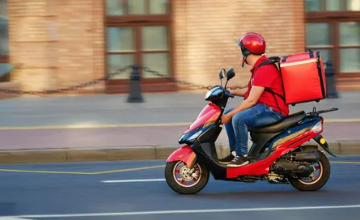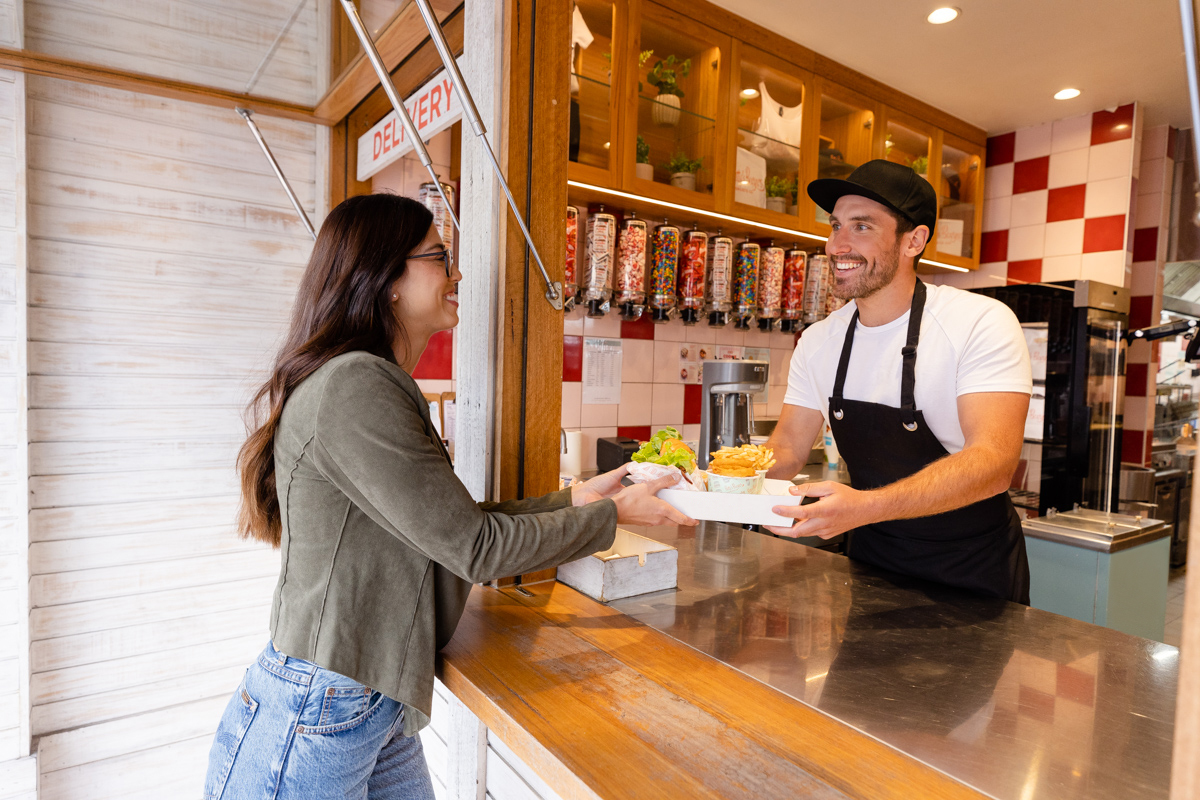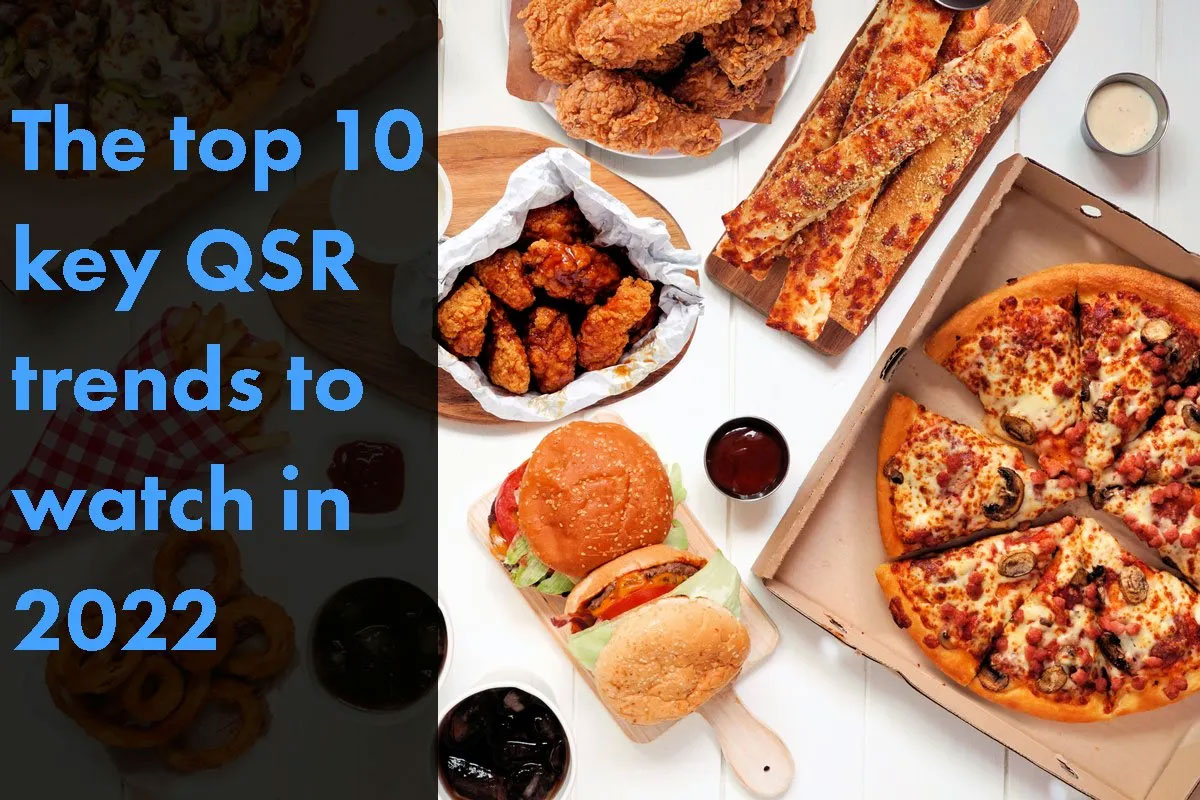Integrating systems with a trusted partner reaps benefits
Working with a trusted partner is key to effective integration, development, and support.
3 min read
Louie Scarpari : 01/02/2024 11:00:49 AM

In the world of QSRs and fast casual dining, consumers want not just delicious, tasty food, but convenience. That’s why the demand for home delivery continues to grow – with the online food delivery market in the UK expected to reach £38 billion in 2024. That growth is projected to continue at 8.49% per annum, meaning that by 2028 Brits could be spending a massive £55.5 billion on getting their favourite meal delivered to their door.
It’s no wonder that QSRs and fast casual restaurants want to be part of the trend, and offer a delivery service. But many of them are finding it increasingly hard to do so without either making a big dent in their profits, having the headache of managing drivers, or relinquishing access to their customers. That’s because, until now, there have been only two ways of managing a delivery service – delivery partners such as Uber Eats, Deliveroo and Just Eat, or Do-it-Yourself in-house delivery. Both options have their benefits and their downsides:
Delivery partners
Do it yourself delivery
A third way – White Label Delivery
The answer is white label delivery. Redcat provides an innovative hospitality IT platform which includes the option for delivery from third party drivers, but which puts the restaurant firmly back in control of costs and data.
What’s so great about White Label Delivery?
White label delivery offers a ‘best of both worlds’ solution: restaurants get access to a large, scalable, outsourced pool of drivers, but they pay a flat fee for every delivery rather than a commission, and crucially, all the customer data belongs to them, not the delivery partner. White label delivery offers nine great benefits to UK QSRs and casual dining restaurants.
White label delivery is revolutionising delivery services – restaurants are no longer constrained by delivery partners and have a realistic, workable, complementary and alternative to the DIY option.
Using white label delivery, fast casual and QSR restaurants can manage their costs, and not feel that they are being ‘held hostage’ by the high commissions of delivery partners. It allows them to have complete control of the ordering process, through their own existing website or app. It gives them ownership of their customer data – putting it into the much more valuable category of ‘first party data’ rather than the ‘third party data’, aggregated beyond the point of being useful, which they receive from delivery partners. Restaurants can use that data to build their marketing database and apply their marketing and loyalty programs to all their customers, rather than leaving out the large proportion who order online.
Redcat has enabled customers with over 2,500 sites globally with White Label Delivery, which can deliver real benefits to UK restaurants, helping them to improve their bottom line, build brand loyalty and create a fantastic experience for their customers.

Working with a trusted partner is key to effective integration, development, and support.

As the world and its restaurants are re-opening, the QSR industry can turn its back on the rollercoaster that was the last 18 months and look forward...

Concept Eight and Redcat partner to streamline operations with a single management portal for virtual and physical brands Concept Eight is the...